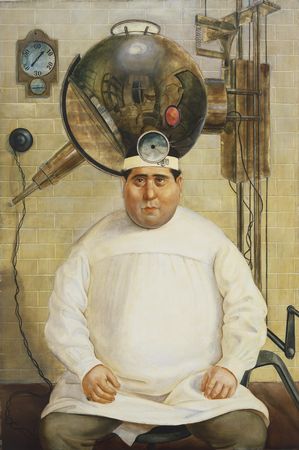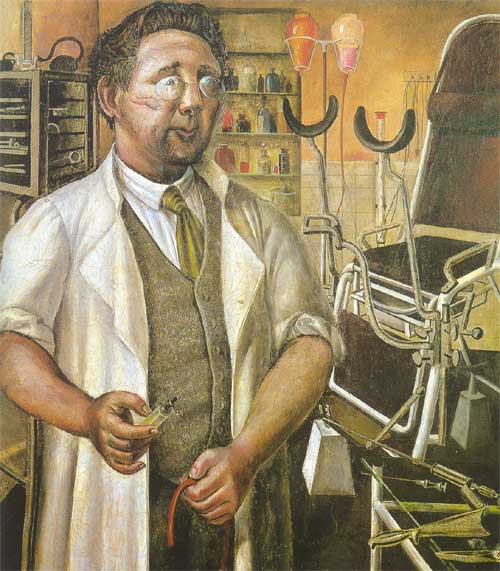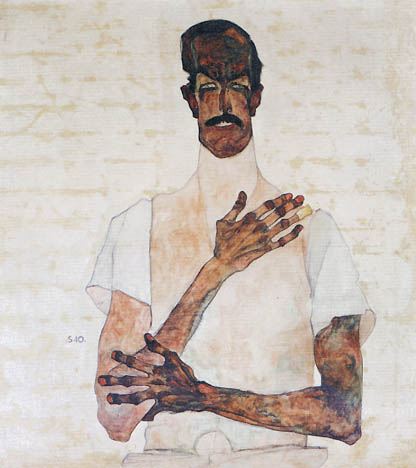I quote Hume and I have nothing more to say. I quote Hegel and I
have a lot more to say, and not just because Hegel is something of a
bete noire for me:
The True and the Good, wisdom and virtue, the general terms beyond
which Stoicism cannot get, are therefore in a general way no doubt
uplifting, but since they cannot in fact produce any expansion of the
content, they soon become tedious.Phenomenology of Spirit, 200
The greater context (as it was <a href=http://bernsteintapes.com/hegellist.html>explained to me) is
that Hegel is explaining self-consciousness looking for a way out of
the great divide between the phenomenal and the noumenal worlds, the
world as we perceive it and the world as it is in the infinite, and so
on. The stoic’s solution is to deny the phenomenal world by
withdrawing from it and all desire. Hegel is referring to the stoics
and particularly Epictetus, the slave who taught that you simply
shouldn’t want what you don’t have. This is also a caricature of
Buddhist philosophies advocating the suppression of all desire.
The problem, Hegel says, is that having detached from the real
world, stoicism is empty. Unattached to any particulars, you’re left
with a world of nothing and nowhere to go. You’re just as stuck as you
were in the miserable real world, trapped and without freedom. It’s
not so bad, since all your pain is gone, but it is tedious.
Stoicism always holds an interest for me, maybe because I’m so
naturally non-stoic, but the idea of tossing frustrations aside rather
than conquering them is awfully appealing. And I don’t think that Hegel’s
criticism holds. Have you ever met a genuine stoic? I’ve only met
people trying to be stoics, and succeeding on rare, brief
occasions. So I decided that stoicism was less about being stoic all
the time and more processual. Again, think of the Zen model of
constantly correcting one’s course to maintain mindfulness; you always
drift away, but you always correct yourself. If you ever achieved
perfect mindfulness, you’d have reached a veritable state of non-being
(whether nirvana or simply an impossibility), and Hegel’s tedium
wouldn’t even arise because there would be no being left to have it.
Unfortunately, that sort of perfection doesn’t seem to happen, so it’s
not as though stoicism provides a genuine way out. But the dead end
seems to be more of a bottomless pit, since you will never find out
that stoicism fails to satisfy. Hegel’s subsequent problems of
skepticism and unhappy consciousness are states in which one can
live, but stoicism’s problem only become apparent after you’ve already
gotten there. Which you don’t.
It’s strange that Hegel, who’s obsessed with process and
development, treats such waystations as points unto themselves. It
would be fine if each was an effort that failed in the trying, but I
just don’t think that’s true with stoicism, which provides the
unreachable end of the rainbow and no indication that it could ever
disappoint. But as far as that endless striving and approximation
goes, is it worth putting your effort to that end more than any other?
I doubt it.



